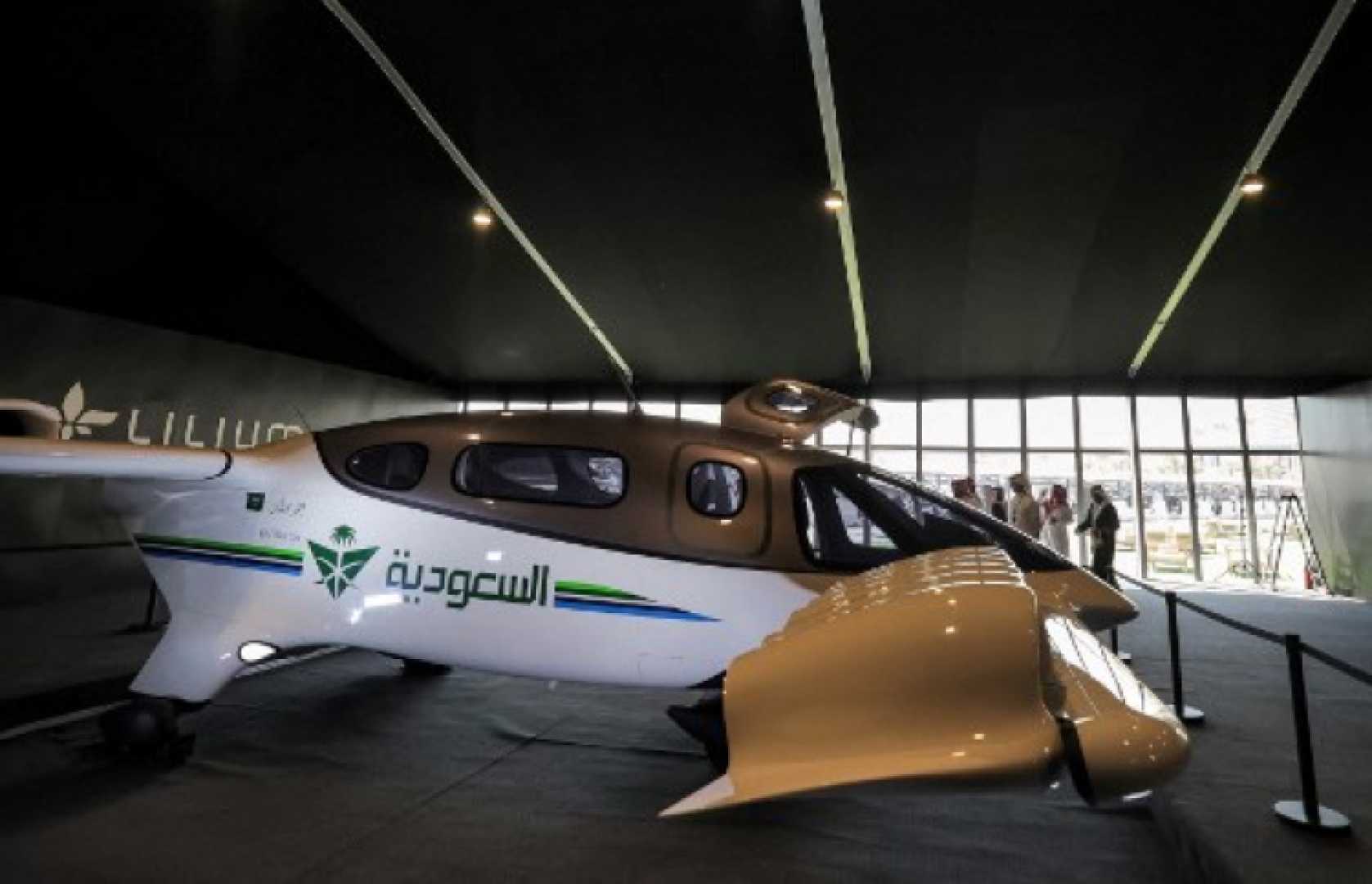News
Saudia Airlines Partners with Lilium for Electric Air Travel to Mecca

Saudi Arabia‘s national airline, Saudia, is advancing its transportation services by incorporating electric vertical take-off and landing (eVTOL) jets. This development aims to enhance connectivity to new luxury resorts and the sacred city of Mecca. The airline’s collaboration is with the financially struggling German aviation firm, Lilium GmbH.
During the Global Logistics Forum held on October 14, 2024, in Riyadh, Saudia Airlines’ Communications Affairs Manager, Razan Shaker, emphasized the strategic importance of this venture. “Our strategy is to help connect locations and cities that do not have an airport or that may be difficult to reach,” Shaker mentioned while discussing the initiative’s goals.
Saudi Arabia has entered into a significant agreement with Munich-based Lilium, purchasing 50 eVTOL jets with an option to acquire an additional 50. This agreement, announced in July, is notable as it represents the largest reported eVTOL aircraft purchase by an airline, particularly in the Middle East and North Africa (MENA) region.
The Lilium jets, designed to accommodate four to six passengers, can cover distances up to 175 kilometers. Delivery of these aircraft to Saudia is projected to begin in 2026. A crucial aspect of this service is to facilitate the movement of Muslim pilgrims. With Mecca lacking an airport, the eVTOL jets will directly transport passengers from Jeddah to the holy city, aiming to make commutes more convenient.
A pertinent element of the plan includes transporting pilgrims to the Fairmont Makkah Clock Royal Tower hotel, situated near the Grand Mosque. Razan Shaker disclosed intentions to construct a helipad at the hotel to accommodate these flights.
The partnership aligns with Saudi Arabia’s ambitious goal to significantly increase its yearly air traffic to 330 million passengers by 2030, as part of the nation’s Vision 2030 reform agenda spearheaded by Crown Prince Mohammed bin Salman.
Neither of the involved parties has disclosed the financial details of the transaction, though Lilium’s Chief Engineer for Innovation, Daniel Wiegand, indicated the aircraft’s price ranges from $7 million to $9 million each.












